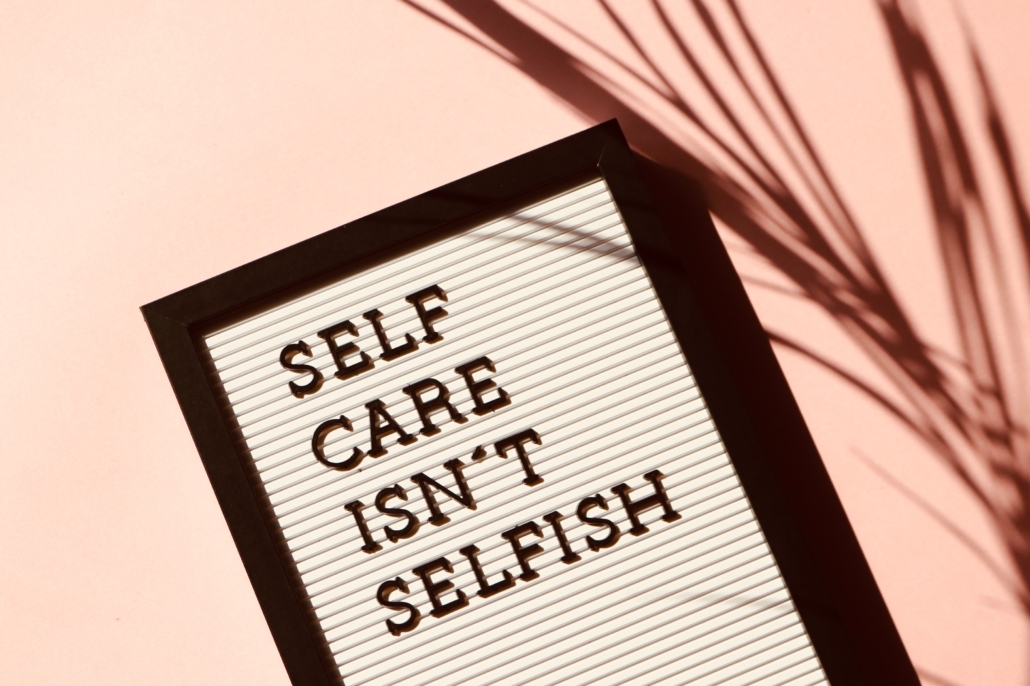TIPS ON DIVORCING AN ABUSER

Divorce is never easy, and that is especially true for intimate partner abuse survivors. My last blog, Considering Divorce, was a walk-through of the process. During my interview with Holly Slota, attorney at Pines Bach LLP in Madison WI, I asked what issues make it more difficult for survivors. This blog combines her responses with guidance on how to handle each issue.
Abuse Allegations
That word, allegation, raises hackles and/or fear for survivors. It smacks of someone doubting them. Knowing the legal terminology and the sound reasons behind it reduces misunderstanding.
Use of the word “allegation” does not mean you, specifically, are not believed. It applies to any legal proceeding, criminal or civil, where accusations are made. It is appropriate for reports of abuse to need evidence. The intention is to protect everyone, including victims, from false allegations.
Regrettably, protection is sometimes uneven because professionals differ in their knowledge of coercive control, and they may have biases that color their perceptions. Slota says:
Unfortunately, allegations of abuse during a divorce are often viewed skeptically by court professionals; they wonder whether the allegation is being made to get a leg up in the divorce. If the abuse has never been documented prior to the divorce or the documentation has been destroyed, it is much harder to prove.
Sometimes victims don’t understand ahead of the divorce filing how important it is to have a record of coercion. For example, phone messages, texts, emails, photos, medical records, or police reports. Victims’ understandable reluctance to report abuse or to deny it to friends or family often backfires on them later if they have nothing but their own words to back up their abuse allegations.
Documenting Coercive Control
Slota accurately understands survivors’ reluctance to report abuse. They may continue to hope the abuser will change, or abusers may threaten them about it.
Documentation is an important preparation tool when someone is moving toward divorce. Some survivors document even when they still hope they will not need it. Sometimes they feel guilty about it, but I ask them, “Would you be doing this if your partner had never been abusive?” This reminds them there is a reason for documenting.
Survivors should plan for safe places to keep their documentation.
- They can keep it at home if they are certain that it is safe from their partners. A journal kept in a place their partners never access or in a password-protected computer file or email, for instance.
- For those who work outside the home, it could be in a password-protected file at work. Or in a private journal they keep there.
- A trusted friend or family member may provide a safe place to keep a journal or computer file.
- The library sometimes is the safest place for survivors to log onto a computer. They can create a new email address and email themselves documentation. They would then have dated emails.
Attention to safety should extend to protecting passwords for all sensitive material and social media. Choose passwords that are both safe and easy to remember. Use a mantra, affirmation, or another sentence in full or the first letters of each word and sprinkle in some other characters. For instance, 1dr&pfA!: (I deserve respect and protection from abuse!)
Injuries
Attorneys can better guide their clients when they understand the injuries of coercive control. My book, Coercive Relationships: Find the Answers You Seek, educates about five types of injuries. Slota mentioned injuries as one of the difficult issues for survivors. She says:
Abuse affects victims in ways that can hurt their cases. Victims don’t always present as well as abusers, who are often charismatic and convincing. Victims may not seem credible if they cannot remember all the details of their abuse or they cannot substantiate their reports. Sometimes a victim’s intense criticism of their abusive spouse comes across as controlling and unreasonable. They may appear hostile for reasons I understand, but the court, Family Court Services (FCS), or Guardian ad Litem (GAL) may not. They may appear to be over-reacting to outsiders who do not know the history and context. Indeed, it can be hard for victims to let go of what others may perceive as minor complaints. I let them know I understand why it’s hard to do so, but that focusing on those smaller issues may be perceived as being unreasonable and risks watering down the serious complaints.
Let’s look at the system before addressing what survivors can do to support themselves.
System Responsibility
I believe it is professionals’ duty to be trauma-informed. Trauma training guides them in recognizing coercive control and its effects on victims. This also leads to an understanding of how past abuse affects present perceptions. Rather than blaming people for their anger or protectiveness, they can be curious about the reasons for it. Evaluators need to tolerate strong emotions and discern power dynamics in relationships.
Many communities have ongoing efforts to educate judges, guardians ad litem, county commissioners, and attorneys. Sometimes victims join groups that give them input into the system. I’ll provide an example of one in my home county in a future blog.
Survivor Self-care

When Slota indicated victims may not present as well as abusers, she acknowledged that coercive control affects their confidence. Many survivors feel confused, overwhelmed, and uncertain about how to respond to the abuser’s behavior. Unfamiliarity with the FCS process and the legal system add further uncertainty.
Survivors also must work through grief about divorce on top of their partners’ injuries. Below are tips that may help:
- Therapy, coaching, and/or support groups help survivors navigate the divorce or legal system. It’s often difficult for survivors to tolerate the questions and the neutral stance the system takes. Survivors need validation and understanding from others. It’s vital for them not to feel alone. Therapists, coaches, and support groups offer understanding and ideas for action and healing.
- Learning about the role of FCS and GALs helps survivors have realistic expectations. FCS and GALs are not there to offer support and validation. Their job is to learn about the family and decide what is in the best interests of the children. When there has not been a trial (which is true in most divorce cases), FCS does not have information about who is abusive. This means they approach both parties neutrally. Survivors should not mistake this neutrality as disbelief.
- Survivors with trauma symptoms benefit from stress management, mindfulness, meditation, and cognitive-behavioral therapies. The discovery process of divorce often brings up intrusive memories and sometimes increases flashbacks. In addition, trauma often makes it difficult to recall details, and affects survivors’ concentration and organization. They profit from having supportive people and strategies during this stressful process.
- Journaling may be helpful in working through the emotions brought up by the divorce process. Seeing their experience in written form often aids people in understanding their emotions and organizing their thoughts. This aids them in deciding their best course of action.
- Supportive people to rely on are vital. In addition to the normal need for connection, survivors benefit from having another point of view when they doubt themselves. If survivors are isolated from friends and family, they need to reconnect or find new friends. Some people start with therapy and then gain the confidence to build connections with others.
The last in my series of blogs on divorce from a coercive controller is titled “Empowered Responses to Coercive Controllers.” It will include a survivor’s summary of how she learned to handle interactions with her ex-partner.

